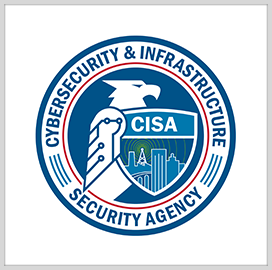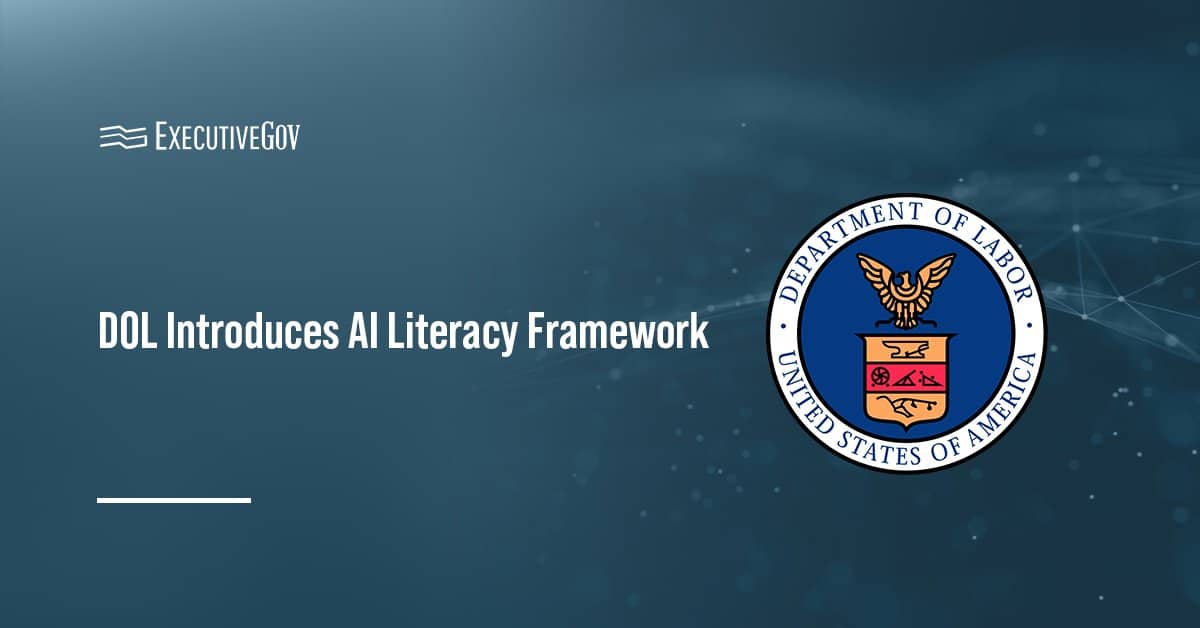The Cybersecurity and Infrastructure Security Agency is calling on business leaders to review a recently-released joint guidance titled Modern Approaches to Network Access Security, which is meant for organizations seeking to transition to more modern, fine-grained network security options that meet their data access needs.
The guidance specifically recommends the adoption of three security approaches — zero trust, Secure Service Edge and Secure Access Service Edge — which offer improved network activity visibility, CISA said Tuesday.
The guidance also tackles remote access and VPN deployment and associated practices, threats and vulnerabilities, including those related to remote access misconfiguration.
CISA co-authored the document along with the FBI, the Canadian Centre for Cyber Security and New Zealand’s Government Communications Security Bureau and Computer Emergency Response Team.





